Home remedies are convenient and usually highly affordable. Most of the things you need are often already in your home. While these remedies may initially save you a trip to the doctor’s office, they’re not all harmless. In the case of douching with vinegar, there are potential risks associated with the practice.
First and foremost, douching is not necessary. You’re double cleansing the vagina, which does more harm than good because you disrupt the natural process. The vagina is self-cleaning, and introducing douching solutions only irritates the mucosa, leaving you vulnerable to infections.
When you’re experiencing feminine hygiene problems, the first thing most people do is a quick Google search. By doing this, you may discover different home remedies. However, the vagina is delicate, and you may be doing more harm than good with these at-home feminine douches. So, try these instead if you’re thinking about douching with vinegar.
What Is the Meaning of Douching
If you’re new to this term, you may have some questions. First, what is douching, and what does douching with vinegar do?
Vaginal douching introduces a mixed solution into the vagina to clean it. These solutions vary widely from plain water, lemon, and Coca-Cola to apple cider vinegar. As a result, you may come across various home remedies, even an apple cider vinegar feminine wash recipe.
The belief is that douching with apple cider vinegar or other solutions leaves the vagina cleaner after sex, during menstrual cycles, or when experiencing an infection. However, these douching beliefs encourage practices that put your vaginal health at risk.
What To Do Instead of Douching
Many women believe there are benefits of douching with vinegar and water or other solutions. Some do it for personal hygiene, and others have more specific reasons. Let’s dive into common reasons and what you can do instead of douching with vinegar.
#1: Douching with vinegar to get rid of odor
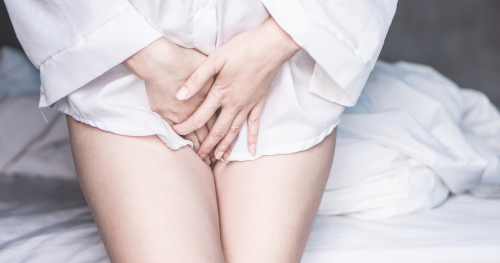
Apple cider vinegar is the main ingredient in many cleaning and hygiene hacks. It contains acetic acid, a weak acid that has been said to have numerous benefits. In the case of douching with vinegar for odor, this solution is used due to vinegar’s antibacterial and disinfectant properties.
Vinegar may not work well as a deodorizer when used as a douche. The problem is that the vagina has a balance of bacteria and yeast, and introducing a vinegar solution can disrupt natural vaginal flora. Constantly doing this only increases the likelihood of harmful bacteria overgrowth, worsening your problem.
Alternative: If you perceive an unpleasant odor from your genitals, there is likely an imbalance of good and bad bacteria. When you experience this, there might be a simple solution, such as adding a gentle cleanser while cleaning your vulva since sweat from the genitals tends to be oilier. Additionally, changing your hygiene practices can be helpful. In other cases, there may be some underlying issues, such as bacterial vaginosis (BV), and speaking with your gynecologist is the best way to target the real problem.
#2: Douching with vinegar to clear a yeast infection
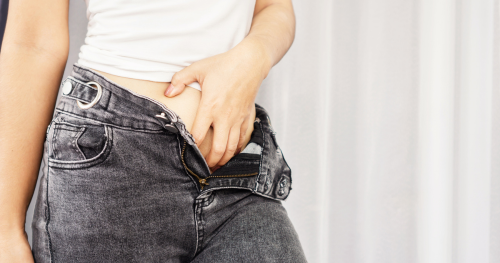
Yeast is already a part of vaginal flora. A bacterial yeast infection occurs when there is an overgrowth or an imbalance of the yeast. The most common symptoms people experience are cottage cheese-like discharge, burning during intercourse, and itching.
Because of apple cider vinegar’s (ACV) antibacterial quality, many believe introducing this solution into the vagina will make it less hospitable to yeast. While ACV is effective against candida, it has only been shown on a culture sample and not in human clinical trials. Additionally, it requires ACV to be undiluted or mildly diluted. That said, introducing vinegar to clear yeast infections at the concentration at which it is effective against candida only puts you at risk for burns and irritation.
Alternative: After confirming that you have yeast, various OTC formulations, from capsules to creams, can treat yeast infections. If your OTC medications aren’t working, your yeast infection may be caused by species of yeast other than C. Albicans, in which case boric acid might help. While you can find boric acid OTC, speaking to a healthcare provider for the best course of use is helpful. Additionally, wear breathable cotton underwear, steer away from scented products, and avoid excessive moisture in the genital region.
#3: Douching with vinegar to delay period

Can douching with vinegar stop your period? Little to no scientific evidence supports the claims that ACV can delay or stop your menstrual cycle. Trying this method is wrong because it exposes you to many side effects.
Alternative: If you want to delay your period and are not taking birth control, consider norethindrone acetate (progesterone pills). The progesterone keeps your uterine lining intact, so there is no shedding to trigger a menstrual cycle. Your doctor can prescribe this, but it comes with side effects, such as bloating, headaches, and mood swings, amongst other things. For those on birth control pills, omitting your placebo week and taking the next dose of hormonal birth control pill during that placebo week (4th week) will do the trick.
#4: Douching with vinegar to tighten the vagina
Apple cider vinegar is an astringent that can tighten the skin temporarily. It draws water from the skin, causing a shrinking effect. This can be extremely drying, especially if you’re considering introducing it as a solution in your vagina. It can irritate the vaginal mucosa and affect healthy vaginal function.
Alternative: The safest way to tighten your vagina naturally is through kegel exercises. These exercises strengthen the group of muscles situated below the pelvis.
Final Thoughts
It is common to try home remedies when you encounter problems and want a quick solution. However, when it comes to the vagina, you should be wary of diy treatments.
Sometimes, you may jump to conclusions and assume you’re experiencing health concerns, which is not always true. For instance, discharge is normal and a sign of the vagina cleaning itself. The variations in discharge, however, can indicate when there is a problem, so be aware of the types of vaginal discharge and what they tell you about your vaginal health.
If you have vaginal health concerns, trying self-treatment methods like douching with vinegar can aggravate the issue. Save the ACV DIYs for cleaning and food recipes, and always remember: the vagina cleans itself. You only need to clean the vulva, which does not require vinegar either.
Disclaimer:
The information provided is not a substitution for medical advice, diagnosis, or treatment. While these pieces of advice may work for some, everyone is different. Some of these alternatives, such as boric acid, should be avoided during pregnancy. Other precautions may be advised based on medical conditions. Therefore, you should always contact your healthcare provider for specific concerns.

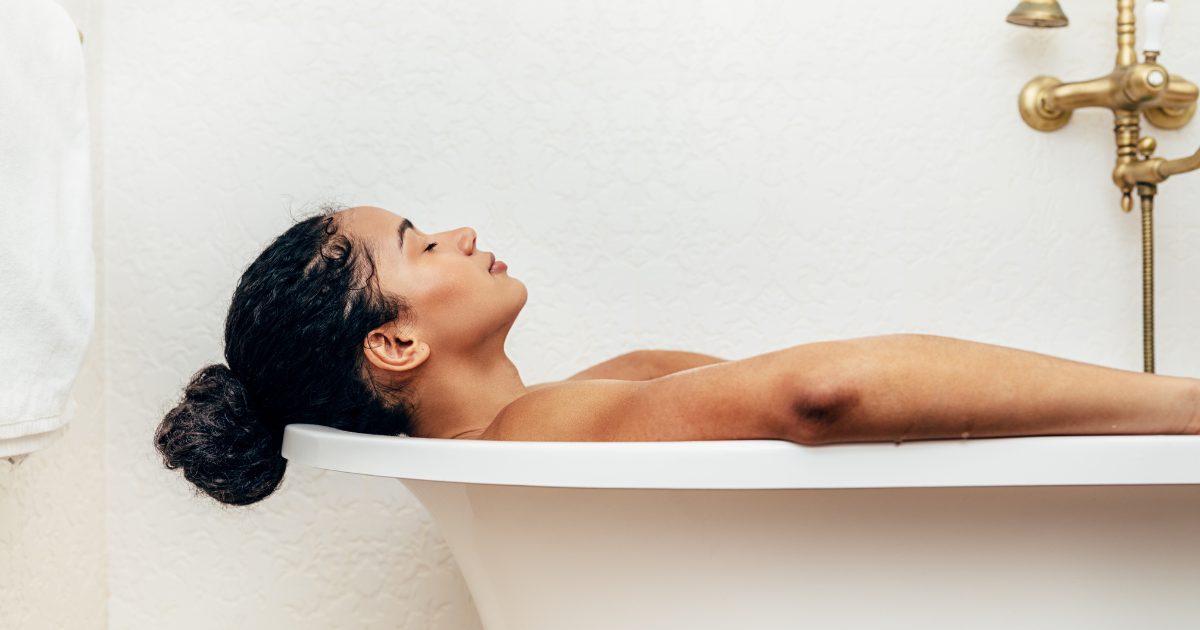
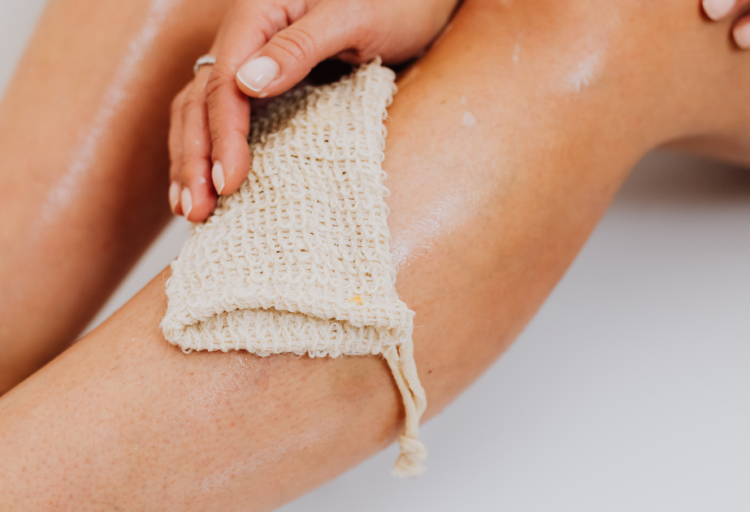

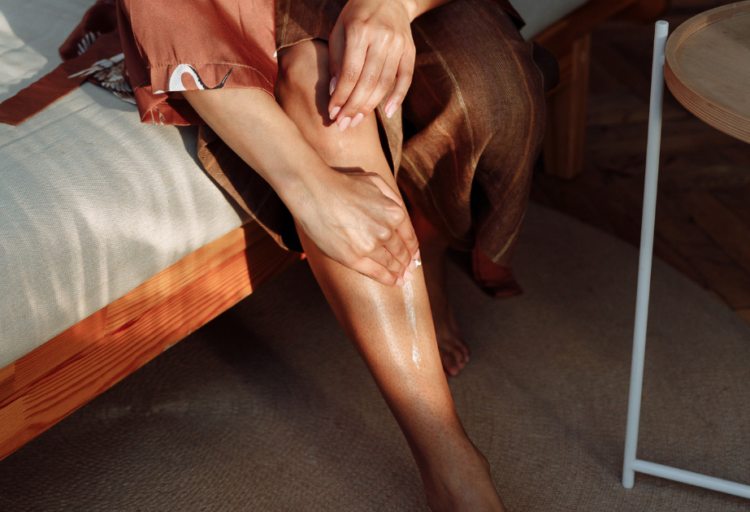
Leave a Reply